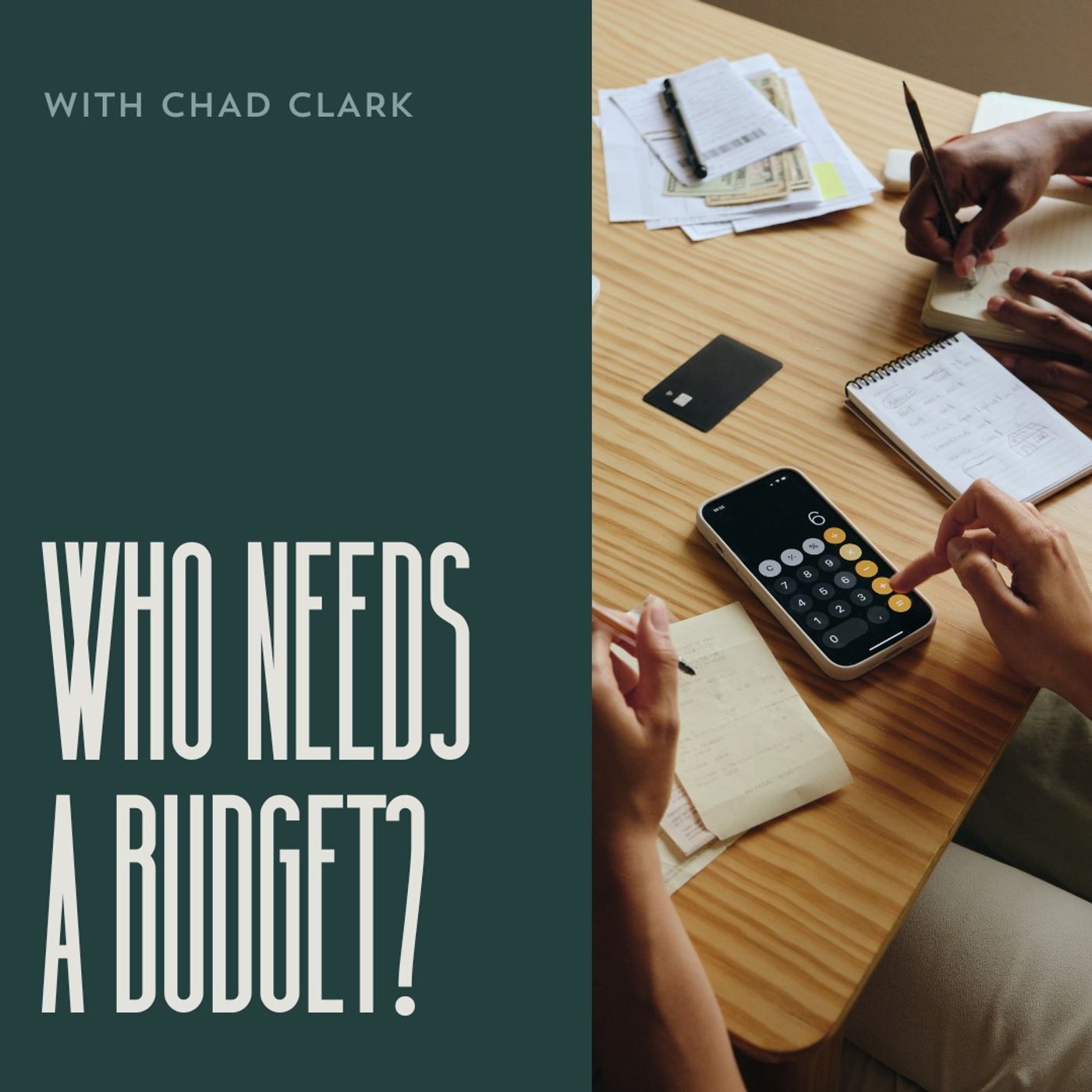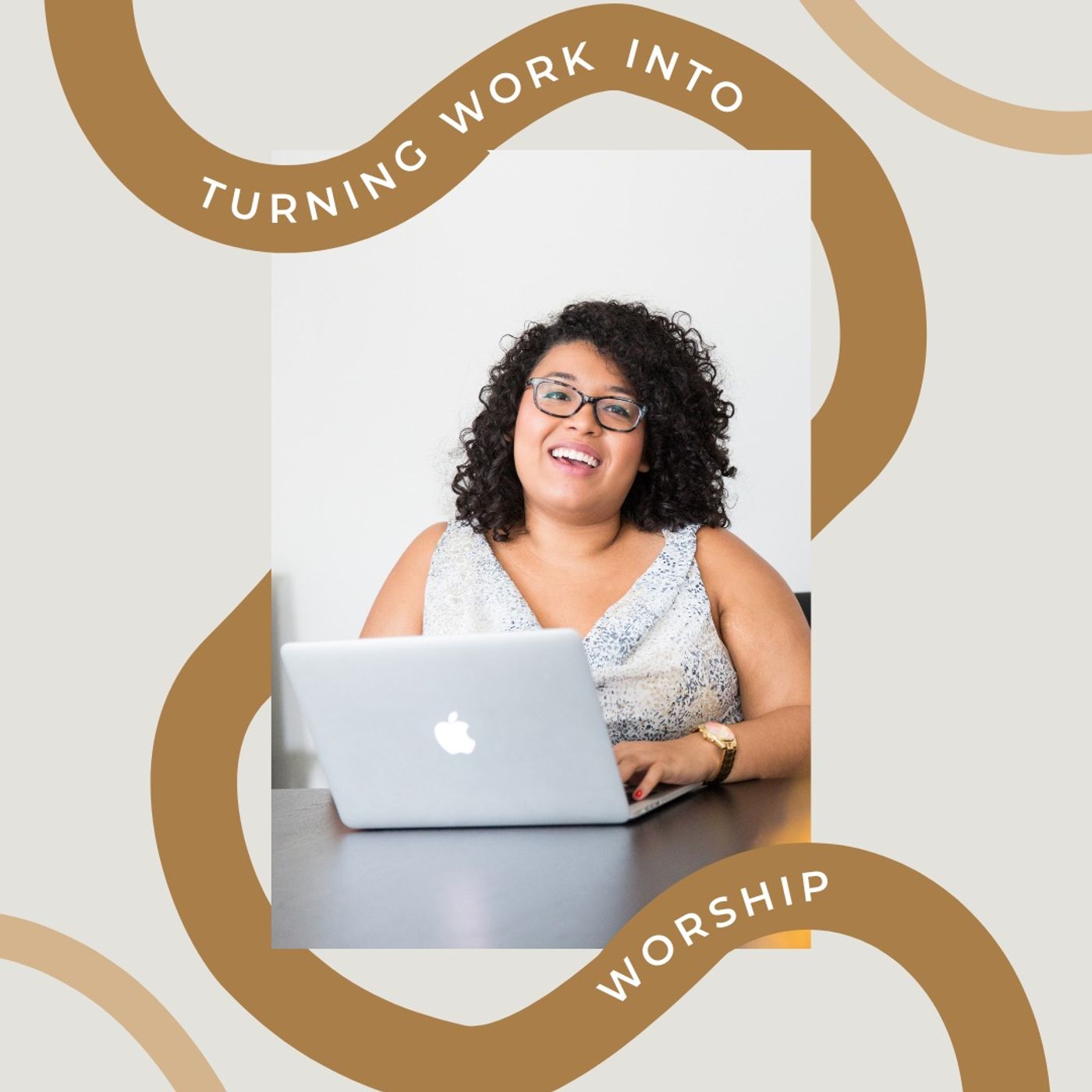October 3, 2023
Two Financial Attitudes to Avoid: Greed and Envy
Faith & Finance with Rob West
Hebrews 12:1 warns us to “throw off everything that hinders and the sin that so easily entangles.” That includes sinful financial attitudes. We’ll discuss the evils of envy and greed, and how to overcome them, today on Faith and Finance.
00:0000:00

Show Notes
Sin springs from the fallen condition of our hearts and separates people from God. Tragically, our world is broken because of this, and the tendency towards evil touches every part of our lives, including our finances.That’s why we need Jesus, right? Today we’ll focus on envy and greed – both of which are on the list of “Seven Deadly Sins”, drawn up by believers in the 4th Century to describe the worst kinds of human desires.
ENVY:
- Defined as a sense of jealousy and wanting what others have.
- It leads to covetousness, which directly goes against the Ten Commandments.
- Envy is divisive and deteriorates relationships by creating divides based on possessions.
- It results in a lack of inner peace, as affirmed by Proverbs 14:30.
You Might Also Like

January 16, 2026
Delighting in God’s Provision
Sometimes we make conscious mistakes with our money, sometimes they’re unintentional. Either way they can be hazardous t...

January 16, 2026
Who Needs a Budget? with Chad Clark
“Precious treasure and oil are in a wise man’s dwelling, but a foolish man devours it.” - Proverbs 21:20 Scripture hig...

January 15, 2026
Turning Work Into Worship
Work doesn’t always feel meaningful. Some days it’s routine, exhausting, or unnoticed. But Rob West reminds us that Scri...